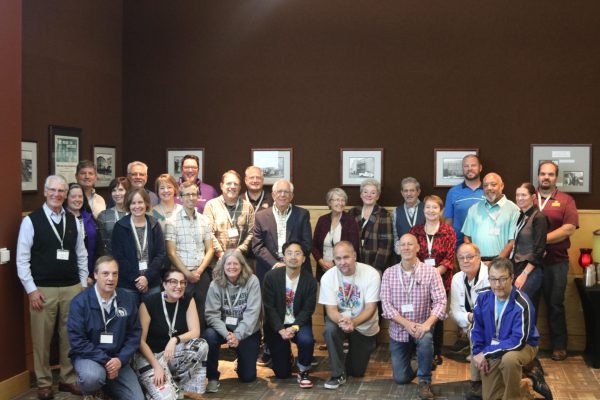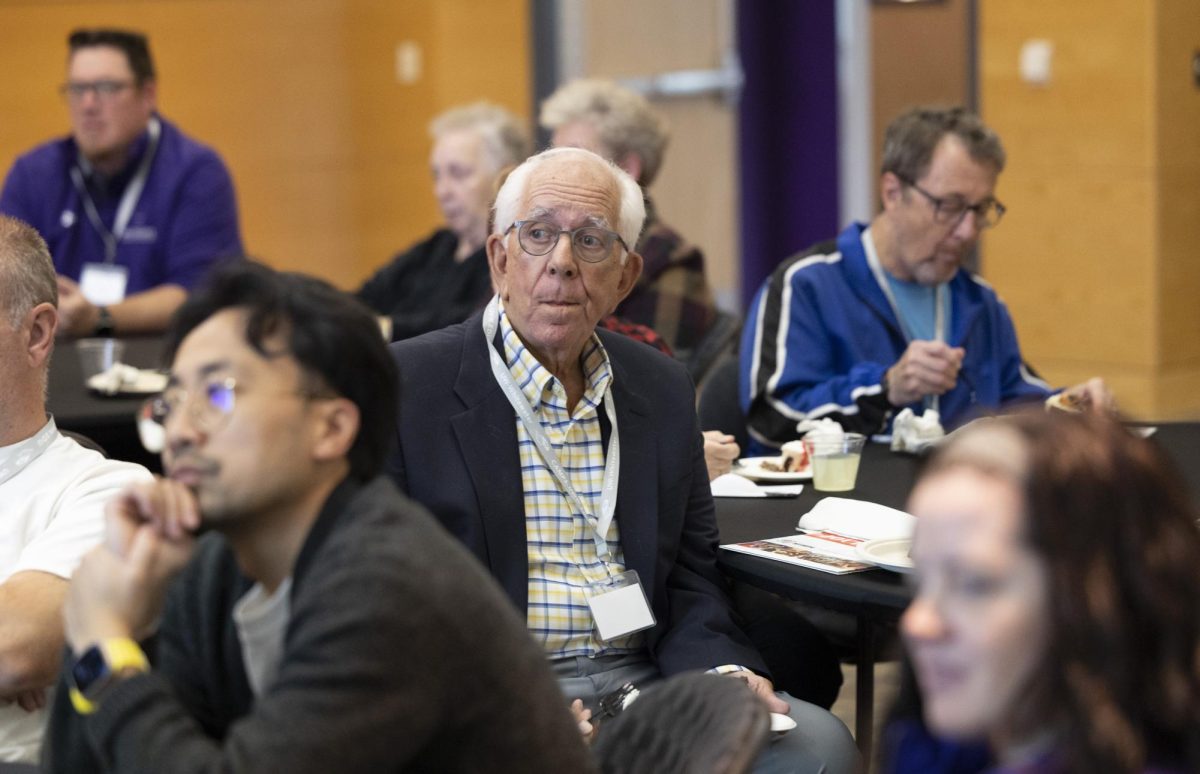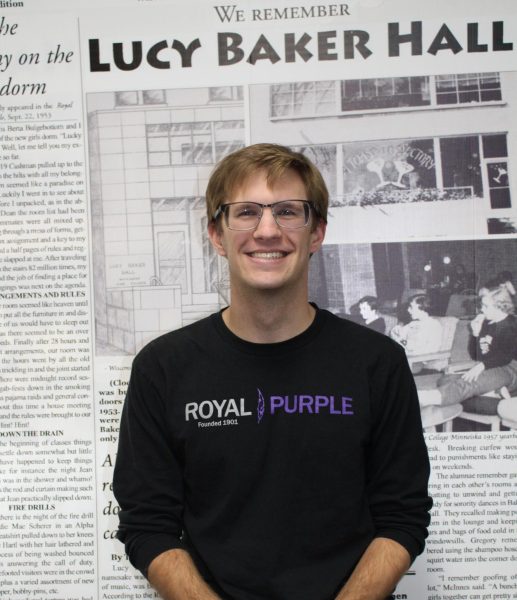Founder of the Kettle Moraine Press Association and former UW-Whitewater Journalism Department head Richard Nelson died at age 85 in January. Nelson left a legacy of supporting student journalism, impacting students 50 years after he founded KEMPA.
Nelson, born in Rockford, Ill., was dedicated to education and journalism for much of his life. When he graduated from Northern Illinois University, he was the second in the university’s history to complete a journalism degree. He later got his PhD from UW-Madison, where he studied educational administration with a focus on journalism.
“[He was an] influential and effective educator who had a major impact on my development in communications and career,” Robert Zahn commented in Nelson’s obituary.

Nelson wrote a memoir about growing up poor and pursuing higher education. He was someone who saw great value in education and learning, a value that motivates KEMPA today.
His dedication to education was so strong that he spent his career teaching, from Belvidere High School in Illinois to college at Whitewater. In Fort Atkinson, he was a part of the board of education. He also did work related to teaching hospitals.
In 1974, he officially founded KEMPA, a group dedicated to helping teachers and students learn about journalism and provide resources.
“To this day we are doing our best to follow on in his vision, and in his memory, to continue to support and help grow journalism programs throughout Illinois and Wisconsin,” KEMPA President April van Buren said.
KEMPA allows high school journalism teachers to connect and create their community. Often, only one teacher in a school teaches journalism, so providing a community that connects them is vital to helping students’ education, especially with the scrutiny journalism often faces.
“I can’t stress enough, having a community and resources to support this work is so important,” Van Buren said. “It is so important to just do our jobs.”
The organization Nelson founded has been an invaluable resource for teachers and students. He understood the important role journalism plays in society as a way for all people to access information.
Nelson’s work at KEMPA has built it into what it is today: A group that holds conferences for students and teachers, workshops, contests that provide critiques, and a summer camp at UW-Whitewater.
What Nelson was able to do during his life has left a lasting impact on the student journalism landscape in the Wisconsin and Illinois areas. Without his work, and his love for it, the field might look vastly different and more challenging than it already is.
“I’m so glad,” van Buren said, “that Dick Nelson had the foresight all those decades ago to create such a community and create a space for us to support student journalism in the region because it’s so important.”


